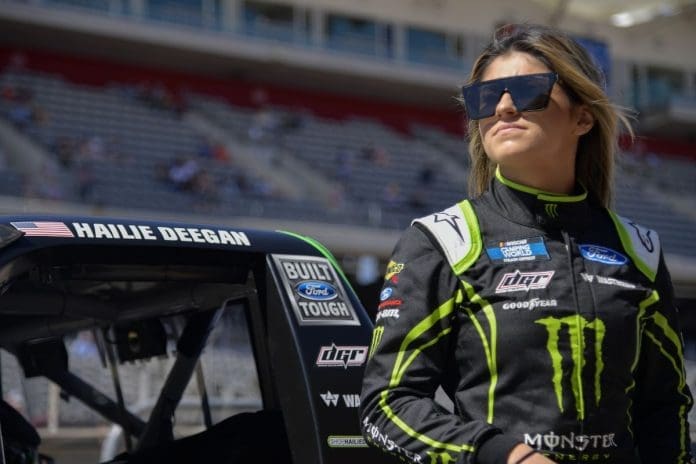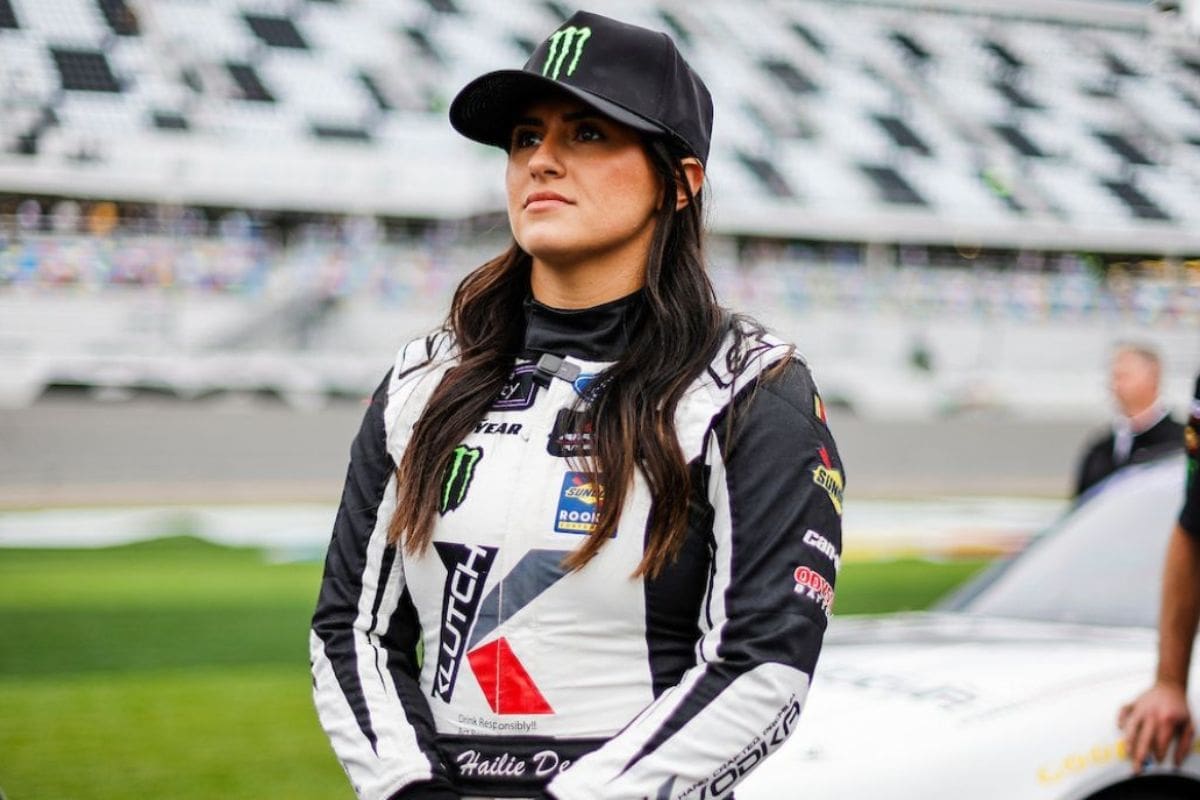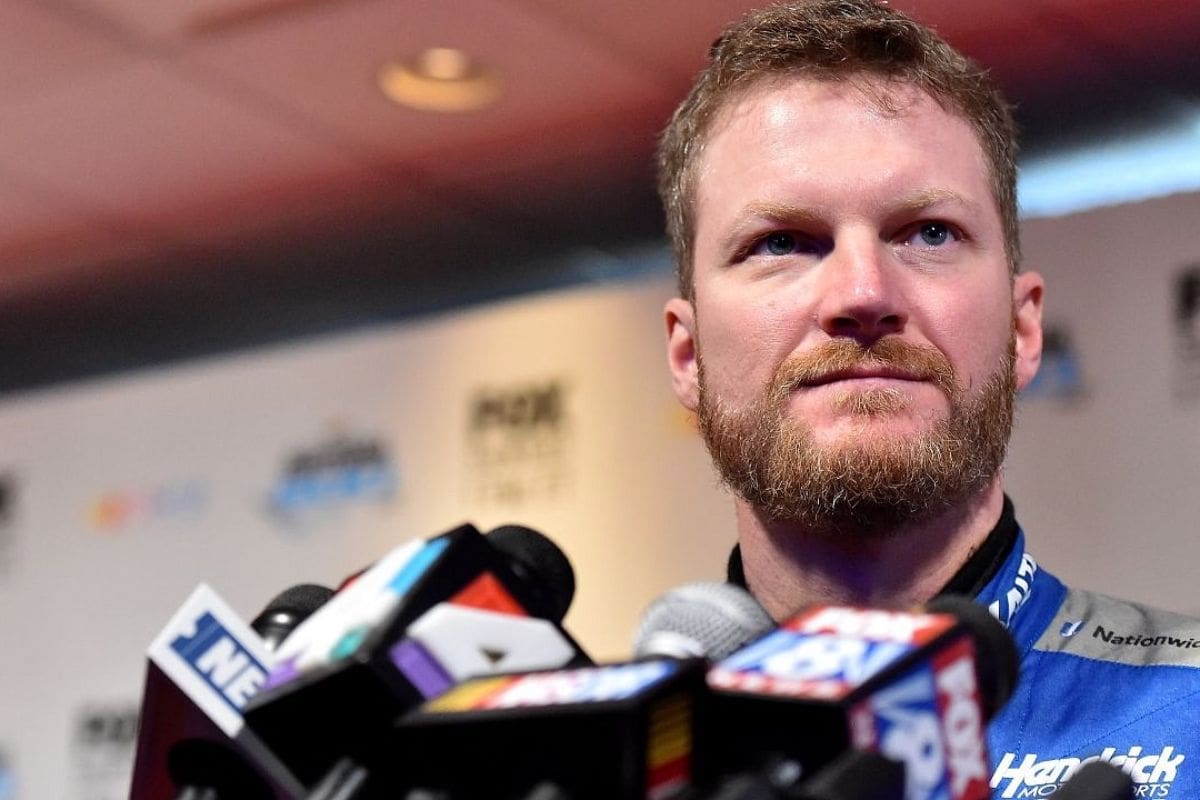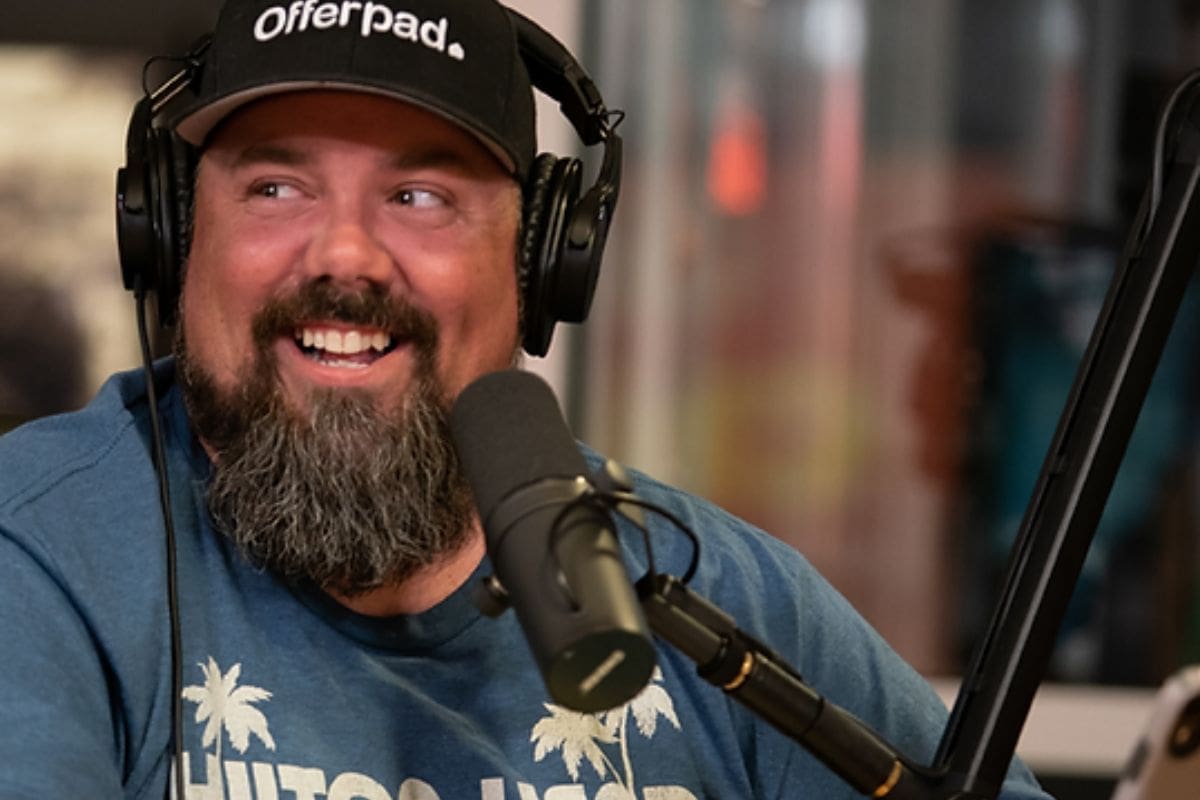Hailie Deegan Is a Victim of Nascar: Dale Earnhardt Jr.’s assertion that Hailie Deegan is entangled by NASCAR’s relentless structure opens a crucial conversation about the structural challenges young drivers face. Earnhardt Jr. points to Deegan’s shift hurdles from the Truck Series to the Xfinity Series, intensified by high expectations and intense competition. He raises critical concerns about the developmental pathways and support systems—or lack thereof—within the sport. With insights from Freddie Kraft further scrutinizing AM Racing’s role, there’s an emerging narrative on whether the demanding environment of NASCAR is setting promising talents like Deegan up for failure. The complexities of this issue warrant deeper examination.
Key Takeaways
- Deegan faces undue pressure from premature promotion and unmet performance expectations.
- NASCAR’s lack of structured development pathways affects Deegan’s progression.
- Financial instability and sponsorship pressures dictate Deegan’s career decisions.
- AM Racing’s trial-and-error approach undermines Deegan’s potential.
- Absence of experienced mentorship negatively impacts Deegan’s performance.
Introduction: Hailie Deegan’s Rough Patch in Xfinity
Hailie Deegan’s shift from the Truck Series to the Xfinity Series with AM Racing has been filled with challenges, highlighting the unforgiving nature of NASCAR’s competitive landscape. Despite being regarded as the Nascar’s next Danica Patrick, Deegan’s switch has been anything but smooth, revealing the clear realities of moving up the NASCAR ladder.
Deegan’s performance in the Xfinity Series has not met the expectations set by her promising Truck Series tenure. The contrast between anticipated success and actual performance has subjected her to intense scrutiny and criticism. This inspection is a proof of the high-pressure environment of NASCAR, where drivers are often expected to deliver immediate results, regardless of the numerous variables influencing their performance.
Several factors contribute to Deegan’s struggles. The Xfinity Series presents a higher level of competition, with more experienced drivers and technologically advanced vehicles. Additionally, AM Racing, while competent, may not provide the same level of resources and support as top-tier teams, potentially hindering Deegan’s ability to compete at the highest level. These challenges highlight the broader systemic issues within NASCAR, where the gap between resources can significantly impact a driver’s performance.
Dale Earnhardt Jr’s Frustration
Dale Earnhardt Jr.’s frustration with Hailie Deegan’s situation brings into focus the systemic issues within NASCAR that often block the development of young drivers. Deegan’s departure from AM Racing and her struggles in the Xfinity Series serve as a smaller part of the broader challenges faced by emerging talents in the sport. Despite her marketability and potential, Deegan’s inability to secure consistent top finishes highlights a deeper, more troubling narrative about NASCAR’s developmental structure.
“Hailie is a product of a very challenging system. This is the same for a lot of drivers that I’ve worked with, and a lot of drivers that I’ve seen, that work their way from, whether it be racing at Millbridge, to late-models, super-late-models, to Truck and Xfinity opportunities that eventually come along.”-(Dale Jr.)
Earnhardt Jr., a seasoned veteran and advocate for driver development, has been vocal about the pitfalls of rushing young talents through the ranks. On his podcast, the ‘Dale Jr. Download,’ he outlined several key factors that contribute to the challenges drivers like Deegan face:
- Premature Promotion: Many drivers are moved to higher series before they have adequately honed their skills at lower levels.
- Unrealistic Expectations: The demand to perform immediately in high-stakes environments can be overwhelming and counterproductive.
- Lack of Structured Development Pathways: Unlike other sports, NASCAR lacks a standardized progression system, leading to erratic career trajectories.
- External Pressures: Family names and marketability can sometimes overshadow actual readiness, causing premature ascension.
Earnhardt Jr. emphasized the importance of allowing drivers to meet specific milestones before advancing, a principle seemingly neglected in Deegan’s case. Her performance in the Xfinity Series, marked by only four top-20 finishes out of 17 races and being replaced by Joey Logano for the Chicago street race, is indicative of a hurried progression.
Earnhardt’s Perspective on the Pressures Drivers Face
The challenges faced by drivers in NASCAR, as highlighted by Earnhardt, often stem from an urgency to seize fleeting opportunities amid uncertain financial backing. This environment creates a demanding scenario where drivers, feeling the weight of potential financial insecurity, regardless of whether they are fully prepared for the next competitive tier.
“What happens is, there’s a bit of an urgency to try and move up and take the very next available opportunity, at the next level, because the support financially is not forever, and you do not know when that finally dries up or whatever reason, you lose that financial support. So every rung on the ladder that develops above you, whether it’s the Truck Series or Xfinity Series, no matter how good or bad that rung is, you grab it.”-(dale jr.)
Earnhardt states that the stress to ascend the racing ladder is intensified by the unstable nature of sponsorship and funding. He suggests that drivers like Hailie Deegan are compelled to grasp any opportunity to advance, driven by the fear that financial support could suddenly disappear. This urgency can lead to hasty decisions, such as Deegan’s step into the Xfinity Series, made under the belief that her performance might improve with different equipment.
Despite the demands, Earnhardt acknowledges Deegan’s past achievements and potential. He commends her abilities, noting that she could excel in the Xfinity or Truck Series given the right circumstances. However, he remains cautious about her immediate prospects in the Cup Series, describing it as ‘a whole other challenge.
Freddie Kraft’s Insight on Deegan’s Struggles
Often overlooked in discussions about Hailie Deegan’s challenges is the crucial role of mentorship and experienced guidance, as highlighted by NASCAR insider Freddie Kraft. Kraft emphasizes that Deegan’s struggles are not solely due to her abilities but also to the absence of seasoned mentorship within her team. In particular, Kraft suggests that having Brett Moffitt, a seasoned racer, on board could have greatly benefited Deegan, providing her with a valuable reservoir of experience and wisdom.
“You can’t build a program around an inexperienced driver. You don’t know if your cars have speed if your driver doesn’t have any experience at the track you’re going to. So if obviously money is a big factor in this, but if there was a way to have Brett and Hailie there, I think it would have only benefited Hailie. But unfortunately, it wasn’t the case.”-(kraft)
According to Kraft, the details of NASCAR require more than just raw talent; they demand strategic direction. He argues that Deegan’s lack of experience at different tracks puts her at a disadvantage, a situation that could be alleviated with a mentor like Moffitt. Kraft’s observations outline four crucial factors:
- Mentorship Gap: Without an experienced driver like Moffitt, Deegan lacks the mentorship crucial for handling complex racing scenarios.
- Team Structure: Constructing a competitive program around an inexperienced driver is fundamentally flawed. Kraft proposes that combining Deegan’s potential with Moffitt’s experience could have produced better outcomes.
- Track Familiarity: Deegan’s limited exposure to various tracks impairs her ability to assess her car’s speed and performance, a gap that an experienced mentor could help bridge.
- Financial Limitations: While recognizing the impact of financial considerations, Kraft highlights the strategic error in not pairing Deegan with a veteran driver.
Kraft’s assessment is not just a criticism but a constructive analysis aimed at demonstrating how strategic mentorship could alter Deegan’s career path.
Kraft’s Criticism of AM Racing’s Approach
Kraft’s critique of AM Racing’s approach highlights significant concerns about their reliance on a trial-and-error method, which he believes hampers Hailie Deegan’s development and performance. He contends that the team’s experimentation with their runs this season has not only affected the car’s speed but also undermined Deegan’s potential as a talented race car driver. Kraft emphatically stated, ‘This is not on Hailie either,’ suggesting that Deegan’s struggles are more a reflection of the team’s strategy rather than her own capabilities.
Kraft’s observations are emphasized by the performance of other drivers within the same team setup. For instance, two-time champion Joey Logano could only secure the 8th position at Chicago, indicating that the car and perhaps the underlying mechanical issues are notable factors.
| Driver | Performance at Chicago | Noted Issues |
|---|---|---|
| Joey Logano | 8th Position | Car speed, mechanical failures |
| Hailie Deegan | N/A | Experimental strategy |
| Josh Berry | Pending Pocono Results | TBD |
Kraft’s criticism of AM Racing’s trial-and-error method seems justified. Their approach appears to be a notable impediment to Deegan’s progress. It underscores the need for the team to adopt a more systematic and data-driven strategy to harness the full potential of their drivers.
News in Brief: Hailie Deegan Is a Victim of Nascar
Earnhardt Jr.’s critique highlights systemic issues within NASCAR that challenge driver progression, particularly for those moving between series.
Deegan’s difficulties emphasize the need for more supportive development structures, realistic performance expectations, and adequate resources.
Kraft’s observations further reveal potential shortcomings within team strategies.
Addressing these factors could alleviate unnecessary stress and facilitate smoother shifts for emerging talents, thereby fostering a more nurturing environment conducive to long-term success in NASCAR’s competitive landscape.
ALSO READ: Hailie Deegan’s NASCAR Future: What’s Next for the Rising Star?




